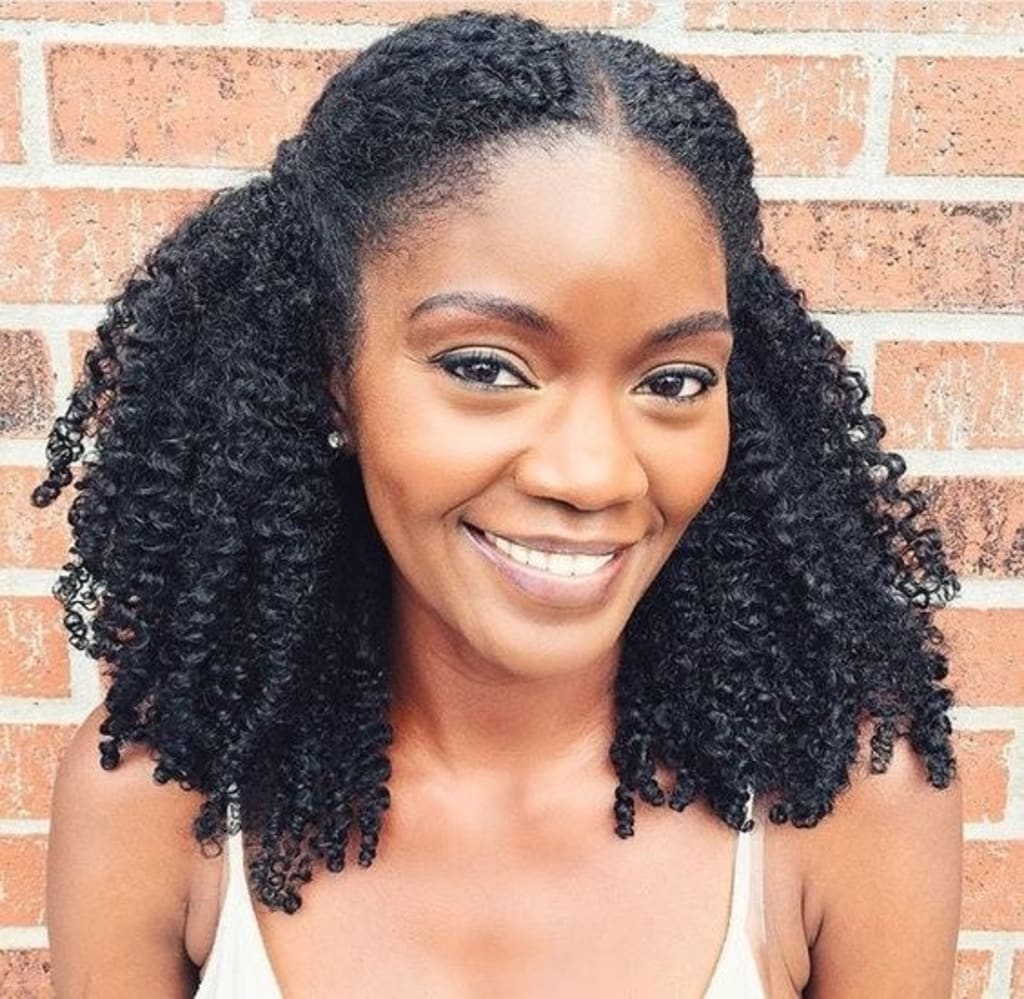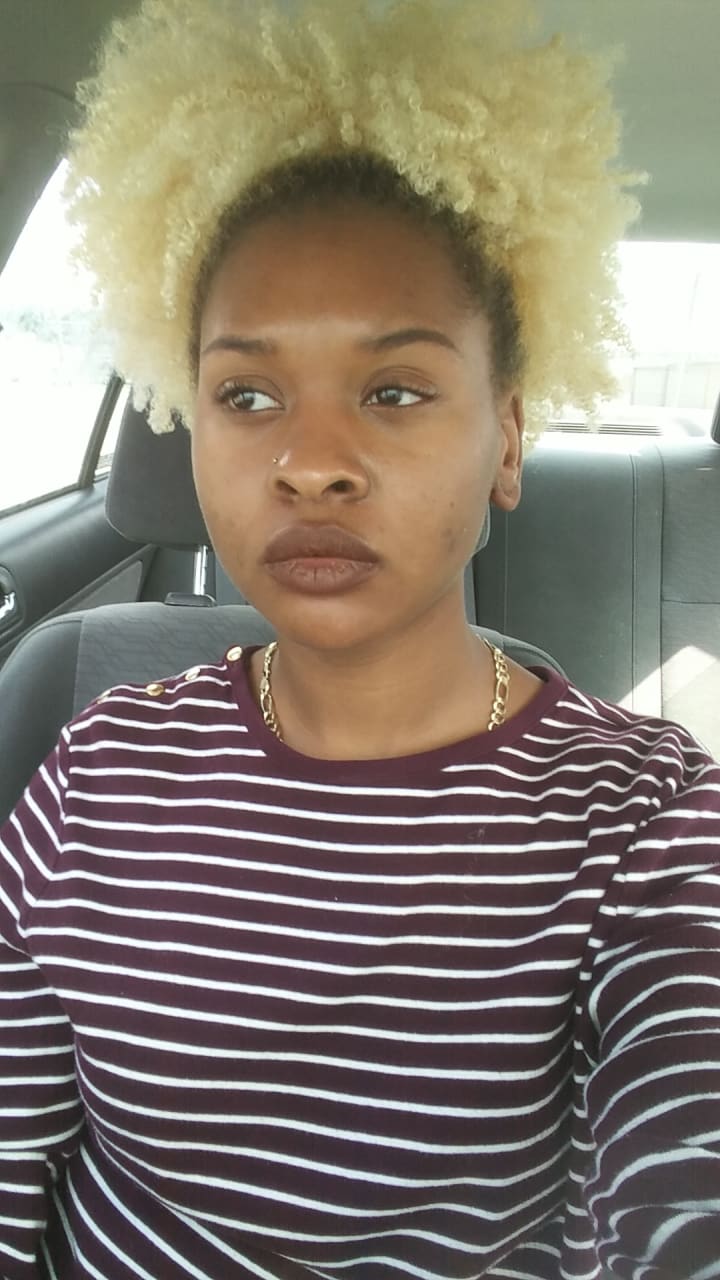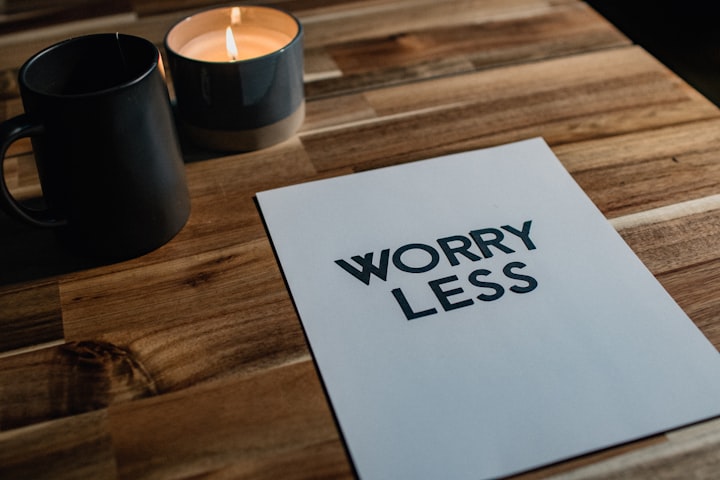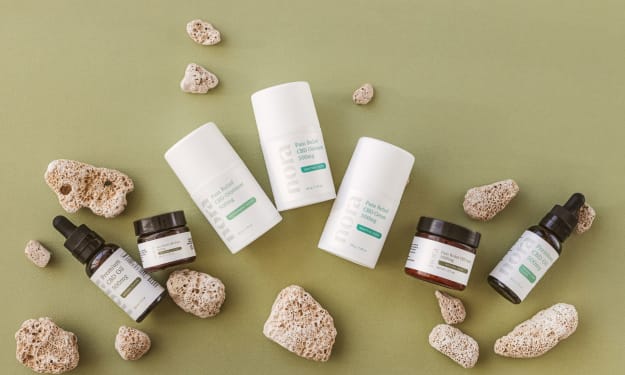What Products are Good for Natural Hair?
Natural hair became a major thing within the past couple of years.

Natural hair became a major thing within the past couple of years. I remember when I decided to go natural during my ninth grade summer. I knew one thing when I made that decision...I HATED GETTING PERMS. They smelled, my hair never grew, and I was tired of the constant scalp burns. Screw scalp burns.
Everyone doubted me through my transition: My father, his best friend, and of course the random stranger that would see me out in the street and was utterly repulsed by the extra curly beginnings that turned into really straight endings. I refused to cut my hair short and I was determined to grow it out. I did not care. I despised short hair and I refused to go any shorter.
Was my transition rough? No doubt it was. It was patchy at best. During the first two months of my new year as a 10th grader I wore it straight so I wouldn't look like a crazy old bat who let herself go. But I would always have to get up early in the morning to wash and straighten it. I hate getting up early to do anything. So one morning, I washed my hair and looked at it and I could see nothing wrong with sporting my brown coils. It tied a headband around my head and never looked back.
It was in that moment I realized, even if I was natural, I was still denying my hair the freedom it deserved by always being straight. I marched into school with those stranger brown coils on my head and instantly there was a new change amongst my fellow schoolmates. They were intrigued and astonished that I would give up my "good" straight hair for these ringlets instead. And it wasn't a bad thing either.
But then came the... how do I care for it like this? Caring for my hair straight required a flat iron, a little mist of argan oil, and heat protectant with the occasional treatment every time I washed it. But caring for curls while they were curled was completely different. My hair is much more oily when I wear it straight, so I never had to OD on moisturizers, which lead to me washing it more often. Plus moisturizers on natural hair that's straight is disastrous. Moisturizers were going to be a major thing in my next step for caring for my hair.
With my natural curls, my scalp is still very oily, but of course I have the problem with the oils trying to reach the rest of my hair. So I'd have to lather on moisturizers on the parts that were dry, but my scalp would be extra, extra oily.... EW. So that lead to more washing. So I'm washing my hair everyday to combat that. Now I found some equilibrium and accidentally discovered wash'n' go's!! Yay! Best thing ever created and I still do it to this day.
Caring for your natural curls changes as your hair changes. My hair is bleached now and so my routine has changed a bit to help keep my hair healthy. I will discuss steps to picking products that may best suit your hair, depending on its texture and porosity.
My Natural Curls

What Kind of Texture Do You Have?
Texture plays a big factor in choosing products that might best suit your hair.
For Kinky (4a to 4c) hair, its a bit harder for the natural oils to reach the ends of the hair. So the hair will be much drier then other textures. Products that are more water based will absorb much easier into these textures. Creams and butters love this kind of hair, and if the hair could speak, it would say likewise. Because our hair is much drier that 3's, we require these products a little bit more, but overdoing it can weight our hair down and make it look really greasy. We don't want that. So of course trial and error is a must. Remember less is always more.
If you decide to shampoo, then use one that is very gentle and contains no sulfates. They strip our hair of practically all the hard work we put into it.
For Curly Hair (3a to 3c), the hair tends to fall and the hair feels more loose — for a lack of a better word — allowing gravity to bring oils down from the scalp, but can still get a little dry. Products that are water based will cause frizz. Products that are very heavy, such as creams or butters, can weigh down the hair and show signs of product build up. Light oils work really great for the hair and cancels out all the frizz. Deep conditioning the hair at least once a week will help to provide it with moisture and prevent breakage. If you decide to shampoo, same as above, very gentle and no sulfates.
What is your porosity?
What is porosity? I never even thought at first to think of the porosity of my hair, I mean like really. Does it sink? Does it float? Does it matter? Yes it does? So porosity determines how much moisture your hair absorbs? Wanna try it out? Take a piece of your hair after its has been freshly washed and grab a glass of water. Let the hair fall into the water. If it drowns (and by drown I mean sink), your hair absorbs a lot of moisture, but it also looses a lot of moisture very quickly. If your hair floats, that means your hair doesn't absorb much moisture. Of course if your hair falls in the middle, you have some weird mystical balance that we are all jealous of and will find the secrets to your magic sooner enough.
Porosity and hair varies from person to person. If your hair is more porous (absorbs a lot of moisture), water-based products are okay to use, but be sure to seal in the moisture with some kind of oil to keep from escaping. Cold water also helps to seal in moisture by closing the hair cuticles. Some creams will be very heavy on the hair at the beginning of the day, but may lift up through the day, because of how quickly your hair loses the moisture. Trial and error in this stage will be necessary, but I'm sure you'll find what works for you in no time. Also minimal heat. Heat helps moisture escape with this level of porosity and we don't want that.
If your hair porosity is low, then you'll, of course, have trouble taking in the moisture and heat will be your friend here. Sitting under the blow dryer while products are in your hair will help it absorb better. You can use a thermal cap or even a hot towel to heat things up. It will also be much easier for your hair to absorb product if it is damp. Do not drench your hair with product, because once the moisture is in... its in. This creates product build up we do not want.
If you change the color of your hair, this could affect porosity as well. Bleaching your hair will make your hair high in porosity (My hair is drowning.), so that means you will have an extra step to maintain the moisture in your hair. So depending on the level of bleached your hair is, will determine how porous your hair will be.
About the Creator
Davida Marie
I'm a poet and story writer. I enjoy fictions of magic and tragedy. I also love to sing and I have an affinity for caring for natural hair. My heart is my pitty named Diesel and Autumn is when I was destined to fall in love.






Comments
There are no comments for this story
Be the first to respond and start the conversation.